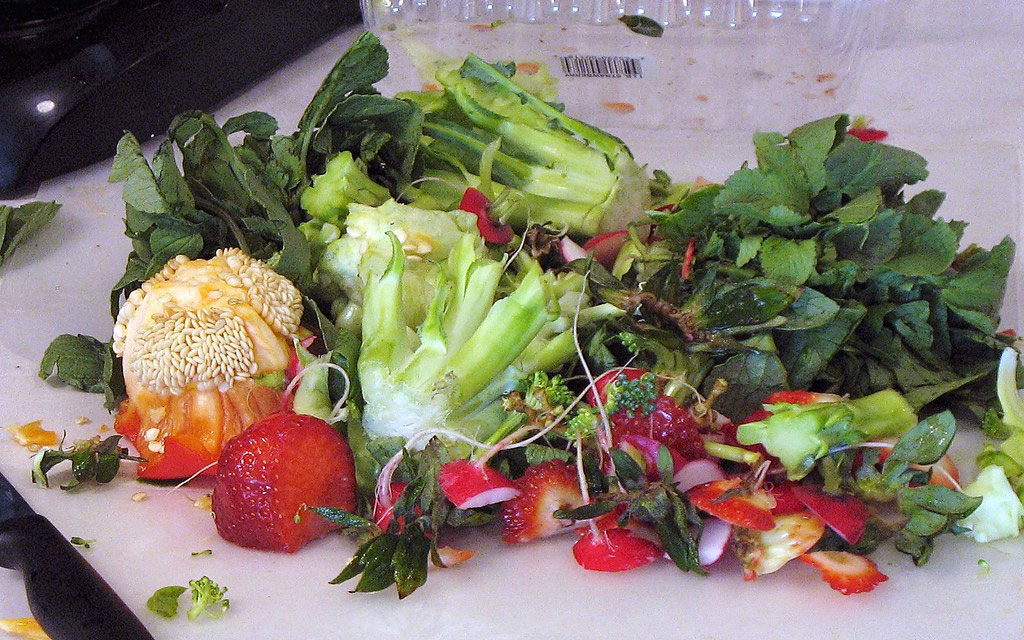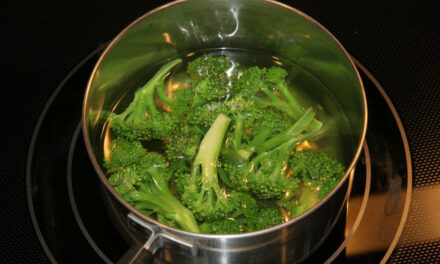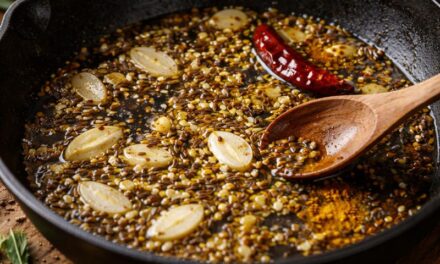Zero-waste cooking is a sustainable approach to food preparation that aims to minimize food waste and make use of every part of the ingredients. By implementing a few thoughtful techniques, home cooks can reduce their environmental footprint, save money, and create meals that are both resourceful and delicious. Here are some techniques that can help you adopt zero-waste cooking in your kitchen:
1. Use Scraps and Leftovers:
Instead of discarding vegetable scraps, peels, or meat bones, repurpose them to make flavorful broths or stocks. For example, save carrot tops, onion skins, and celery ends to create a hearty vegetable broth. Chicken or beef bones can also be used for making homemade stock, reducing the need to buy store-bought versions.
2. Composting:
While composting isn’t technically cooking, it’s an essential part of the zero-waste philosophy. Compost vegetable scraps, coffee grounds, eggshells, and other organic waste to enrich your garden soil. This way, you return nutrients to the earth and reduce landfill waste.
3. Repurpose Stale Bread:
Rather than throwing away stale bread, use it in recipes like croutons, bread pudding, or breadcrumbs. These can be used in soups, salads, or as a topping for casseroles.
4. Full Ingredient Utilization:
Use every part of the ingredient. For example, watermelon rind can be pickled, beet greens can be sautéed, and citrus peels can be used for zest or even candied. Also, many smaller bits and pieces from fruits/veggies can be eaten fresh or frozen and tossed onto pizza.
5. Meal Planning and Proper Storage:
Plan meals to ensure you use up ingredients before they spoil, and store food properly to extend its shelf life. Invest in reusable containers to store food scraps or leftovers.
Why Zero-Waste Cooking is Important:
Zero-waste cooking is essential for reducing food waste, which contributes to environmental degradation. By using these techniques, you’re not only creating meals that are more sustainable but also minimizing your carbon footprint and helping to preserve valuable resources. This mindful approach to cooking allows us to respect the ingredients we work with and reduce our overall impact on the planet.







